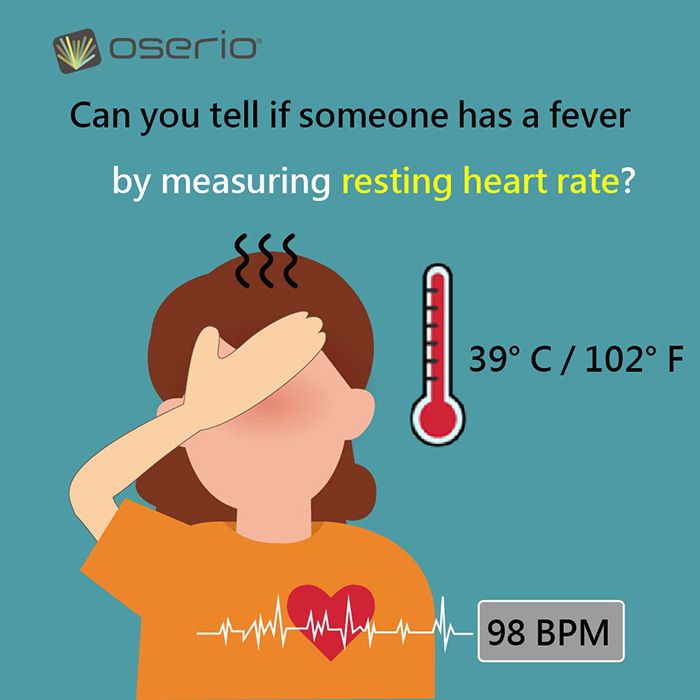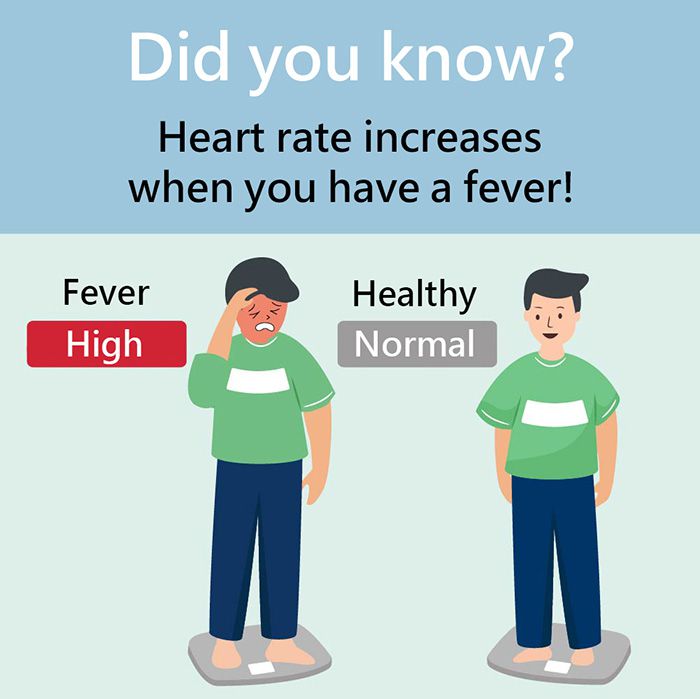Understanding the Impact of Resting Heart Rate on Health and Longevity

What do we mean when we're talking about "heart rate"? Unless talking specifically about exercise, we're generally referring to "resting heart rate", which is the number of times your heart beats in a minute. For healthy adults, this is generally between 60-100, but for newborns, they can reach 130+ per minute!
Why is it important to measure heart rate, and what does it mean?
A healthy heart is one of the keys to maintaining normal body function, and measurement of resting heart rate is a simple method of evaluation. Typically, heart rate increases with abnormality, such as illness, sleep deprivation, pressure, caffeine, dehydration, and other factors.
What other factors affect heart rate?
For healthy people, heart rate decreases normally during sleep or inactivity, and increases with excitement and exercise.
What else affects heart rate? Fever!
When your white blood cells are hard at work fighting off a fever, your heart rate increases. On average, each (Celsius) degree of temperature increase comes with an increase of about 10-15 beats per minute in heart rate. So if your heart rate is about 80 bpm at 37 degrees, it can reach around 90-95 when your body is at 38 degrees and running a fever.

The relationship between heart rate and longevity
The Copenhagen Male Study [1] published in BMJ Journals studied nearly over 3000 subjects for 16 years. Findings included:
1. Healthier subjects had lower resting heart rate
2. Lower resting heart rate was correlated with lower mortality rates
3. A 10 bpm increase in resting heart rate correlated with a 16% increase in mortality risk%
In addition, resting heart rate was linked with Basal Metabolic Rate, as well as cardiovascular illnesses. A twofold increase in mortality risk was observed among subjects with a resting heart rate between 81-90 bpm, and a threefold increase for those with >90 bpm, compared to subjects in the lowest heart rate category.
It's become increasingly clear that developing a low resting heart rate can significantly improve health outcomes. We'll be exploring some methods to do so in a follow-up article. But one thing you can do is to measure your heart rate using a cardio scale every morning, to establish a baseline and help observe when something's abnormal!

[1] Elevated resting heart rate, physical fitness and all-cause mortality: a 16-year follow-up in the Copenhagen Male Study